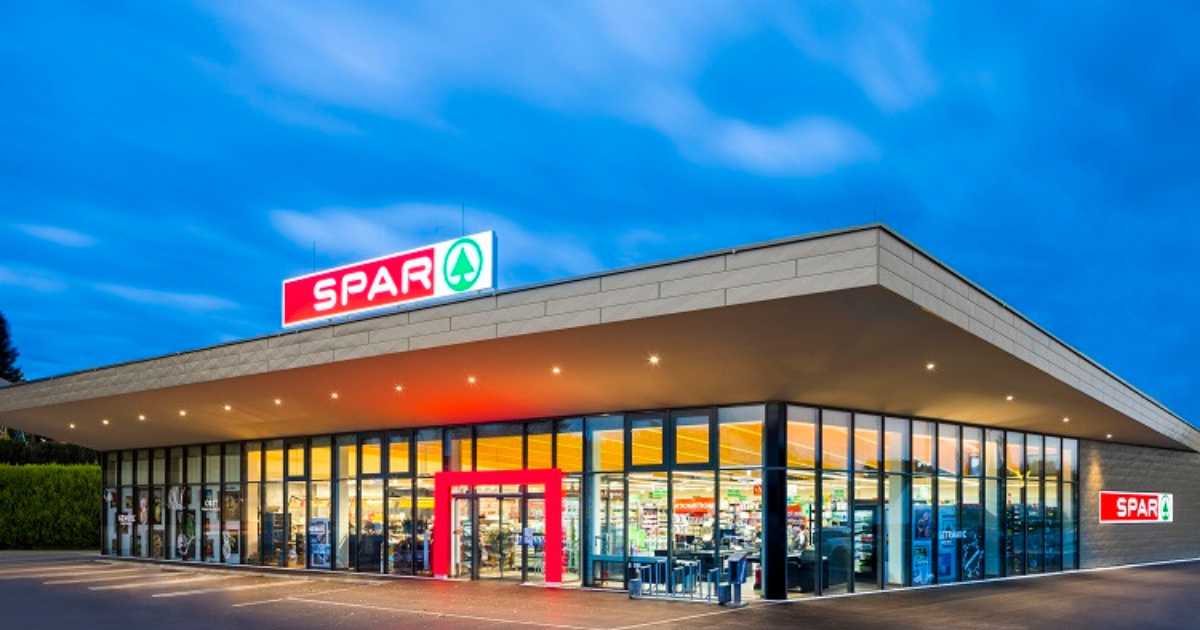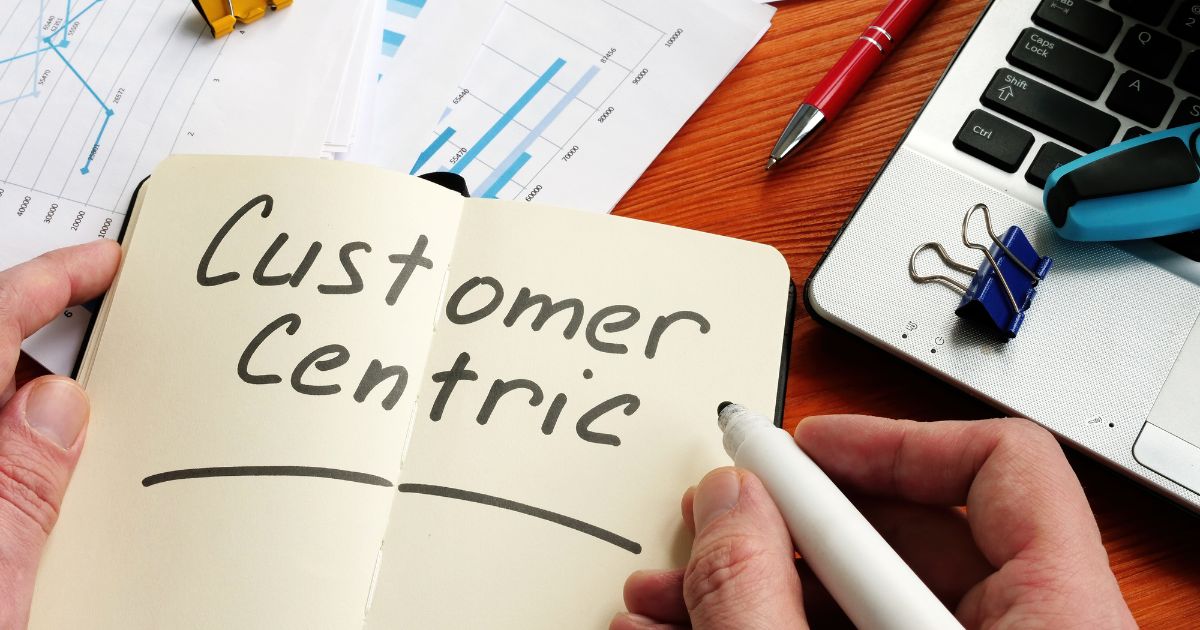
When expanding your business, it is important to consider other possible streams of revenue. Becoming a supplier to a supermarket can help expand your business and open new opportunities. One supermarket to consider is Spar.
Supermarket chain Spar has developed a comprehensive supplier development programme to help small businesses become suppliers. The initiative is focused on manufacturing and farming enterprises that want to sell their goods.
Spar has partnered with Entecom, NSF Africa and Tenzing Marketing to assist potential suppliers with food compliance and solution implementation.
By going through the development programme, a small enterprise can easily become a supplier for Spar. The programme is free for all qualifying micro and small business food suppliers.
In this article, we will go through what it takes to become a Spar supplier.
Criteria for Becoming a Spar Supplier
To become a Spar supplier, you need to be a micro or small enterprise. If you are a micro-enterprise, you should have one to 10 employees. You will also need to have an annual turnover of R10 million or less.
Small enterprises that want to become Spar suppliers need to have 11-50 employees. You will also need to have an annual turnover of R 50 million or less.
Once you identify which category your business falls in, you can continue with the application process.
Compliance Journey to Become a Spar Supplier
To begin your journey, Spar will assess if you align with the requirements. There are different roadmaps for suppliers in manufacturing and farming.
For manufacturers Spar will assess if you comply with R638 regulations and if you have a Certificate of Acceptability (COA) issued by environmental health practitioners (EHPs). If you do not comply, Entecom will assist with R638 compliance and food safety training for business owners and food handlers.
After training, EHPs will visit your business and issue your COA. Your product labels will also be reviewed. The next step will be a site visit. You will then go through a 6-8 months implementation to ensure you are Global Food Safety Initiative (GFSI) compliant. GFSI compliance aligns with the prerequisite programme of Good Manufacturing Practices and Good Health Practices compliance.
Once you have undergone implementation, your business will be assessed to determine its readiness for a GFSI basic audit. If passed, you will receive a letter confirming your compliance. Depending on your product category and local regulations requirements, further compliance may be required.
For farming businesses, the Spar team will check if you comply with local Good Agricultural Practices (GAP) requirements. If you are not compliant, you will need to take a GAP Primary Farm Assurance (PFA) assessment. Entecom will supply you with assessment requirements.
You will then have to register for a NSF assessment. Entecom will provide you with templates and files to help you study. While you prepare, your product labelling will be reviewed.
The next step is to go through PFA training and take the NSF assessment. The assessment is done by the business owner. The assessment has four levels. If you pass each level, you will get a letter of conformity from the NSF.
The process to become compliant is long but worth it. Spar suppliers are held to a high standard and this programme is designed to help them through the process seamlessly.
Let us look at the benefits of the Spar supplier development programme.
Food Safety Compliance
Every food seller needs to be compliant with regulations. In the supplier development initiative, the Spar team will help with training, consultation, and software compliance.
Food Safety Certificate
You will receive customised auditing services. These are there to help micro and small suppliers on their road to food safety.
Labelling and Packaging
To become a successful Spar supplier, you will need to have various things. One of those is good labelling and packaging design. Spar supports small suppliers to comply with labelling and packaging design requirements.
These resources are there to ensure your success as a Spar supplier. By complying with regulations, you will be able to give customers a great food experience through Spar.
Becoming a Spar supplier gives you access to global markets. Although Spar says it supports local manufacturing, it also supports suppliers to grow internationally by giving them access to markets across the world as the brand does have a footprint abroad.
There are other Spar supplier programmes. The Preferred Supplier Programme is coordinated through the SPAR Procurement Services division. The initiative is aimed at expanding support for Spar country organisations. It ensures the latest products, services and equipment are available in Spar warehouses and stores across the world.
Spar prefers suppliers who offer products such as refrigeration, shop fitting, lighting, vehicle tracking, customer insight and data analysis.
The Spar Own Brand initiative works with suppliers to build on the current range of Own Brand products offered by the supermarket chain.
The Spar International Challenger Brand programme focuses on brands or businesses that are disruptors in various categories. Challenger brands are small companies that challenge established big Fast Moving Consumer Goods (FMCG) brands.
It might feel like a daunting ask to become a Spar supplier but it’s worth it. For more information on the programmes, visit the Spar webpage or contact challenger@spar-international.com.
Check out our article on how to become a Shoprite group supplier to see how you can get your goods on other supermarket shelves.






